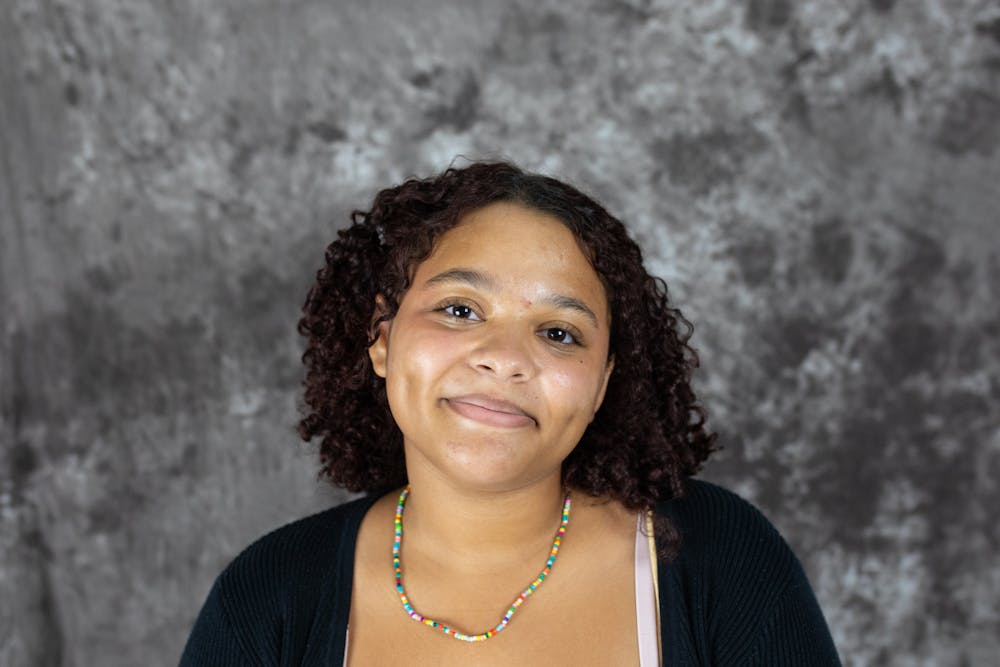Who hasn’t heard “We should talk about something else” when politics comes up at a family gathering?
Politics have always been contentious, but it’s become empirically much more heated since the 2016 election. Some call this time a politically polarized era, or hyper-partisanship. In a sense, a lot of matters have become either “choice A” or “choice B.”
This may be a tad biased coming from a political science major because I am interested in politics, but the truth is, you can’t avoid politics. As many political scientists say, politics is everywhere. Take into consideration how you get to UB. If you walk, you’re possibly walking on a sidewalk owned by a public entity. That’s politics. Or maybe you drive here. That car was most likely imported from another country; in that instance, you’re dealing with trade. Again, politics. Your right to use your voice and have opinions is politics. My whole point is, it’s unavoidable. I think it’s also an unavoidable topic within dating and friendships.
Political standing is a reflection of values and beliefs. I have often heard that you shouldn’t end any form of relationship over political ideology — but why not? Is it because it’s taboo? We do that all the time. We commonly form friendships because of similar interests. Why must this same standard end when talking about politics?
We are in a place where politics has turned into a debate about whether or not someone should have rights and be protected from discrimination. I am a bisexual, biracial woman. If I meet someone whose political ideology leads them to not see the harm of LGBTQ+ discrimination, then that simply does not work. If one partner doesn’t believe in access to birth control or Plan B, but the other does, then that creates a problem surrounding family planning.
Politics is no longer a topic that ends in a fist bump after a respectable conversation. Sometimes it boils down to someone believing whether or not you have the right to exist freely and safely. Politics is conflicting and most conversations end in insults like “You’re just racist” or “You’re a snowflake who wants crime.” It’s important to feel protected and heard in any form of relationship. If polarizing political opinions stop that, then you shouldn’t have to stick around to avoid being “difficult.” It doesn’t make you a difficult person to choose what kinds of people you want to surround yourself with.
The opinion desk can be reached at opinion@ubspectrum.com

Sarah Owusu is an assistant news editor at The Spectrum. In her free time she enjoys reading, baking, music and talking politics (yes, shockingly). She'll also be her own hairdresser when she needs a change.





